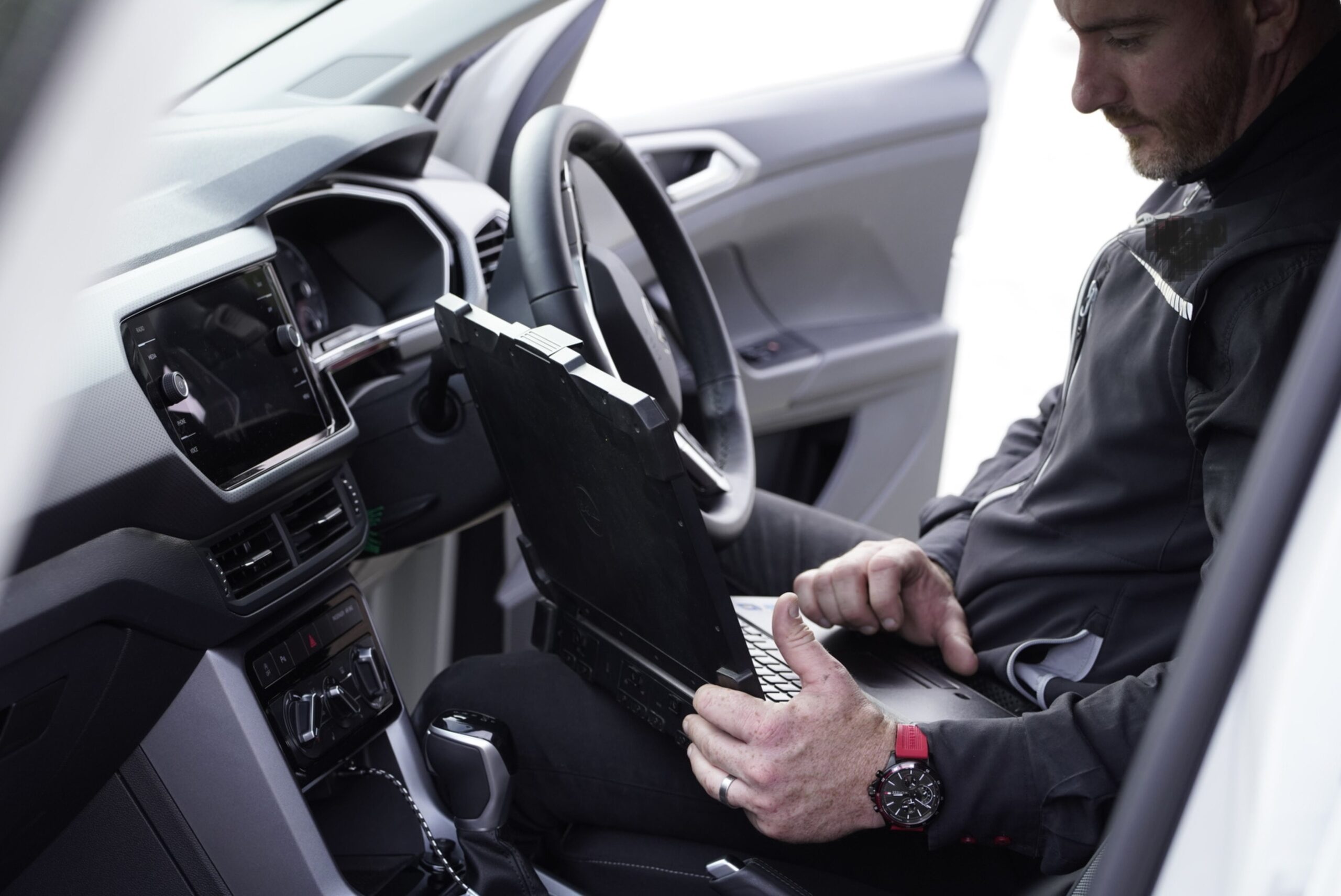
Key Replacement
FollowOverview
-
Founded Date April 13, 1962
-
Sectors Innovation and Strategy
Company Description
5 Killer Quora Answers On Ignition Key Replacement
Understanding Ignition Key Replacement: A Comprehensive Guide
In today’s hectic world, where cars are an important part of day-to-day life, losing or damaging the ignition key can bring about substantial inconvenience. Ignition key replacement is a process that many vehicle owners deal with eventually. This post offers a thorough appearance at ignition key replacement, types of keys, the procedure involved, and responses to frequently asked concerns.
What is an Ignition Key?
An ignition key is a small metal things created to run the ignition system of an automobile. It enables the driver to begin the car’s engine, and in many contemporary automobiles, it also offers access to extra functions, such as locking and unlocking doors and triggering security systems.
Kinds Of Ignition Keys
There are a number of types of ignition keys, each with special functions and mechanisms. Comprehending these differences can assist vehicle owners understand what to expect when changing ignition keys.
1. Standard Car Keys
Conventional keys are easy metal keys cut to fit a particular ignition cylinder. This type of key is one of the most standard and is typically discovered in older cars.
2. Transponder Keys
Modern cars typically come geared up with transponder keys that have a little microchip ingrained within them. This chip sends a signal to the car’s ignition system, ensuring that only the right key can begin the engine. Transponder keys provide extra security however can be more expensive to replace.
3. Switchblade Keys
Switchblade keys are a hybrid of conventional and transponder keys. They feature a collapsible design that retracts into the key fob. When needed, the key turns open, looking like a switchblade knife. This design is both compact and stylish.
4. Key Fobs and Smart Keys
These are the most innovative ignition keys. Key fobs typically contain both ignition and remote control functions that permit the motorist to unlock doors and start the engine without placing a key (keyless entry and start). Smart keys make use of proximity sensors to find the key fob within a certain range, enabling push-button start performance.
The Ignition Key Replacement Process
Replacing an ignition key can vary in intricacy depending upon the kind of key and the vehicle’s make and design. Nevertheless, the general procedure is described below:
Step-by-Step Guide to Ignition Key Replacement
-
Report the Lost Key: If the key is lost or taken, it is essential to report it to local authorities and inform your insurance provider.
-
Collect Necessary Information: The vehicle owner ought to collect all relevant information, such as the make, design, year of the vehicle, and vehicle identification number (VIN).
-
Visit a Locksmith or Dealer: Choose between a locksmith specialized in automotive keys or a car dealer. Each choice has pros and cons concerning rate and timing.
-
Provide Proof of Ownership: Regardless of who you approach for key replacement, be prepared to reveal evidence of ownership, such as the vehicle title or registration.
-
Produce a New Key: Depending on the key type, the locksmith professional or dealership will cut a conventional key or program a transponder, key fob, or clever key.
-
Test the New Key: Once the key is created, it’s crucial to evaluate it to ensure it works flawlessly with the vehicle’s ignition system.
Prospective Costs Involved
Below is a table highlighting the prospective costs included in ignition key replacement based upon the kind of key:
| Type of Key | Typical Cost | Key Features |
|---|---|---|
| Traditional Key | ₤ 10 – ₤ 40 | Fundamental key, no transponder |
| Transponder Key | ₤ 50 – ₤ 150 | Microchip innovation for boosted security |
| Switchblade Key | ₤ 80 – ₤ 200 | Combines conventional key features with style |
| Key Fob/Smart Key | ₤ 200 – ₤ 500+ | Advanced functionality with keyless entry |
Often Asked Questions (FAQs)
1. The length of time does it take to replace an ignition key?
The time needed to replace an ignition key can differ, generally ranging from 10 minutes to an hour, depending upon the key type and the provider’s abilities.

2. Can I replace a lost key myself?
While producing traditional keys can sometimes be finished with DIY sets, modern-day transponder and key fob systems generally need specific devices and programs, making it a good idea to seek expert assistance.

3. What to do if I lose my key fob?
If you lose your key fob, it can often be reprogrammed for a fee by a locksmith or dealership, who can develop a new one to guarantee that no unauthorized celebrations can access your vehicle.
4. Will my insurance coverage cover key replacement?
Lots of auto insurance plan provide coverage for lost or taken keys. It is a good idea to examine your policy or contact your insurance coverage company to validate your coverage information.
5. Are there safety measures to prevent losing ignition keys?
- Keep spare keys in a protected place.
- Usage keychain organizers to decrease the opportunity of losing them.
- Consider getting a Bluetooth tracker for your keys.
Ignition key replacement is a crucial aspect of vehicle upkeep that every car owner should know. Understanding the types of ignition keys, the replacement procedure, and associated expenses can assist improve the experience. Being proactive about key management can considerably lessen the hassle and cost when faced with the potential loss or damage of an ignition key. Vehicle owners are motivated to keep notified about their choices to guarantee they are ready must they ever find themselves in need of an ignition key replacement.
